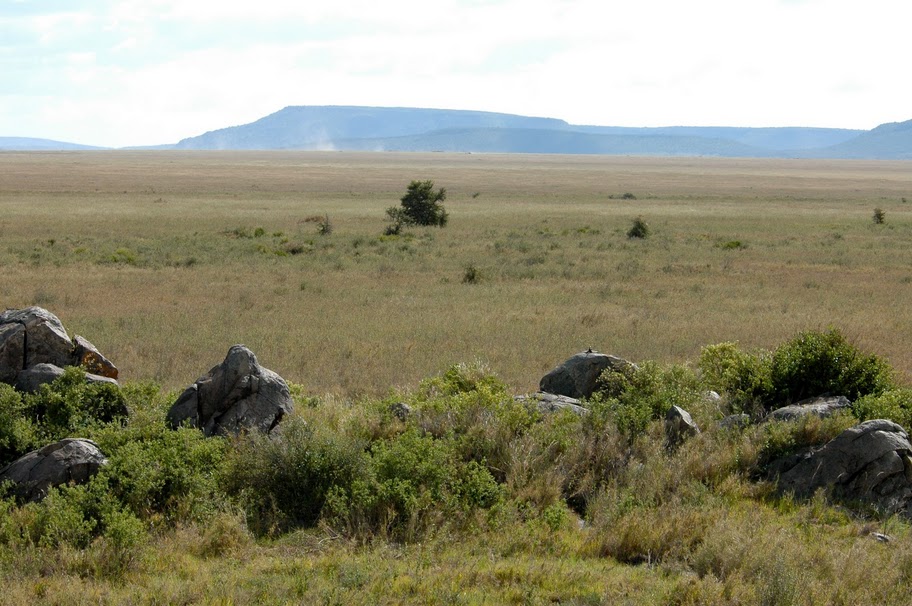In recent TED talk from Alan Savory, a potential solution to increasing desertification that is affecting grasslands all over the world. Savory suggests that by using holistic pasturing of herds to mimic the effects of nature, we can reverse desertification and help fight global climate change. There are many critiques of Alan Savory's work saying that it wont scale enough to be sufficient for a global solution. After reading so many disagreeing points, it becomes harder and harder to accept what he says as absolute truth. Even though there is no magic "paddock" cure to the problems facing the planet, at least he is still striving to get answers. I would like to hope that people are inspired by his work (even if it's to prove him wrong) and take to heart the lesson of being willing to change and work with nature instead of burning or isolating it.
It is the scientific consensus that deserts are a natural part of global ecosystems. Alan Savory talks about using herds to stop the desertification of grasslands. Good yields from crops planted in herded areas did produce more food, even though the soil was trampled and fertilized by the cattle, Although his ideas on global climate change may be a bit far off, he at least was looking at natural ways of cattle ranching and the natural benefits to the ecosystem after the herds had passed. Some benefits may include: -natural fertilization without the addition of chemicals or soil preps -breakdown of old plant material either by being eaten by the cattle or trampled into mulch to fertilize the soil for next year -Biodiversity dispersal of different grasses and seed types due to increased range for the cattle -CO2 sequestering by the underlying plant growth Even if we can't solve global climate change with cows, I still think that Alan Savory's idea has a great concept. It used to be that back in the Dark Ages, humans thought the world was flat and that it had an edge. It's amazing that with all our technology, we still don't know why agricultural threats like colony collapse disorder and desertification occur.
One Ecology department at the University of Houston developed a computer model of a "virtual prairie" [1]. They have the ability to run simulations, looking at how different communities interact and how limited resources may affect the entire ecosystem. Not only does this modeling exist, but the professors have designed it asked for volunteers to help by donating time and power of your own PC. All volunteers just download a quick file and then bam! You're helping out how to stop desertification of partially moist grasslands. It's very important to know what kind of organisms are in an ecosystem, but now you can help bioinformatics research right from your own home. Now that's science at your fingertips! Related Article from University of Houston: http://esciencenews.com/articles/2011/03/07/protecting.ecosystems.pollution.remediation.goals.research.uh


No comments:
Post a Comment